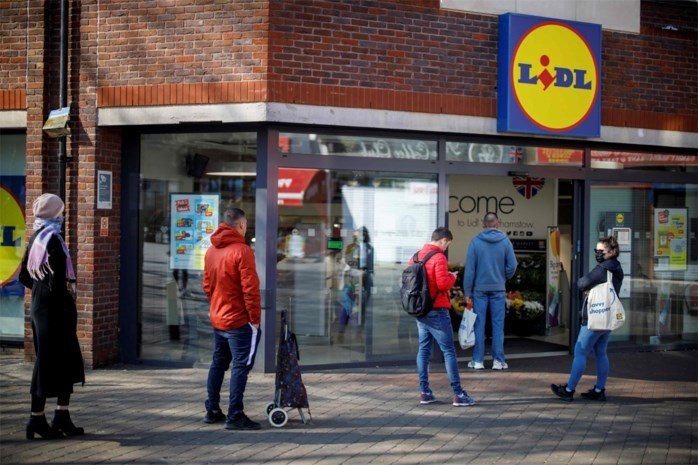A number of periods of social distancing could be required between now and 2022 to prevent health services being overwhelmed by periodic resurgence of the coronavirus, according to a study by scientists from Harvard University in the US.
The scientists created a model of the evolution of the Covid-19 infection, based on the assumption it will assume a seasonal character similar to other flu-like diseases. The paper is published in the latest edition of the journal Science.
The model is speculative, given that so little is known about the new virus, including the degree of immunity obtained by someone who has been infected and recovered.
Related News
- Coronavirus: Belgian researchers plan 'responsible deconfinement'
- Belgium to review coronavirus lockdown on Wednesday
“A timely measure of social distancing will probably not be sufficient to allow the incidence of [the virus] to remain within the limits of the capacity of emergency services in the USA,” one of the authors of the paper told journalists this week.
Instead, authorities may be forced to resort to intermittent periods of social distancing in the short term. Later, with the development of treatments and a vaccine, the degree and duration of confinement would likely be reduced.
As the periods where confinement is relaxed multiply, people will continue to become infected and recover, leading over time to a growth of group immunity. If confinement were to be permanent, that would not happen, said Professor Marc Lipsitch of the university’s school of public health.
In other words, the virus needs occasionally to be allowed to run free, before being locked up again by confinement. According to the Harvard team, a succession of seven intermittent periods of social distancing, each one shorter than the last, with longer periods in between, will be required between now and 2022, according to their model, to being the virus under some sort of control.
But how long it will take before a vaccine is developed is a matter for conjecture, although experts reckon 12 to 18 months to be a conservative estimate.
The government’s National Security Council will today reveal its plans for the next stage of Belgium’s response to the epidemic, and Dr Philippe Devos, president of the association of medical syndicates and head of intensive care at the CHC medical centre in Liege, predicted there would be no major relaxation of the confinement.
“It’s certain that will not take place in April,” he told the RTL. “It’s too soon. I foresee something more progressive. Some measures will probably not be lifted at all before there is a vaccine. Social distancing, the respect of a distance of 1m50 between people, is something that will stay until there is a vaccine.”
Alan Hope
The Brussels Times

